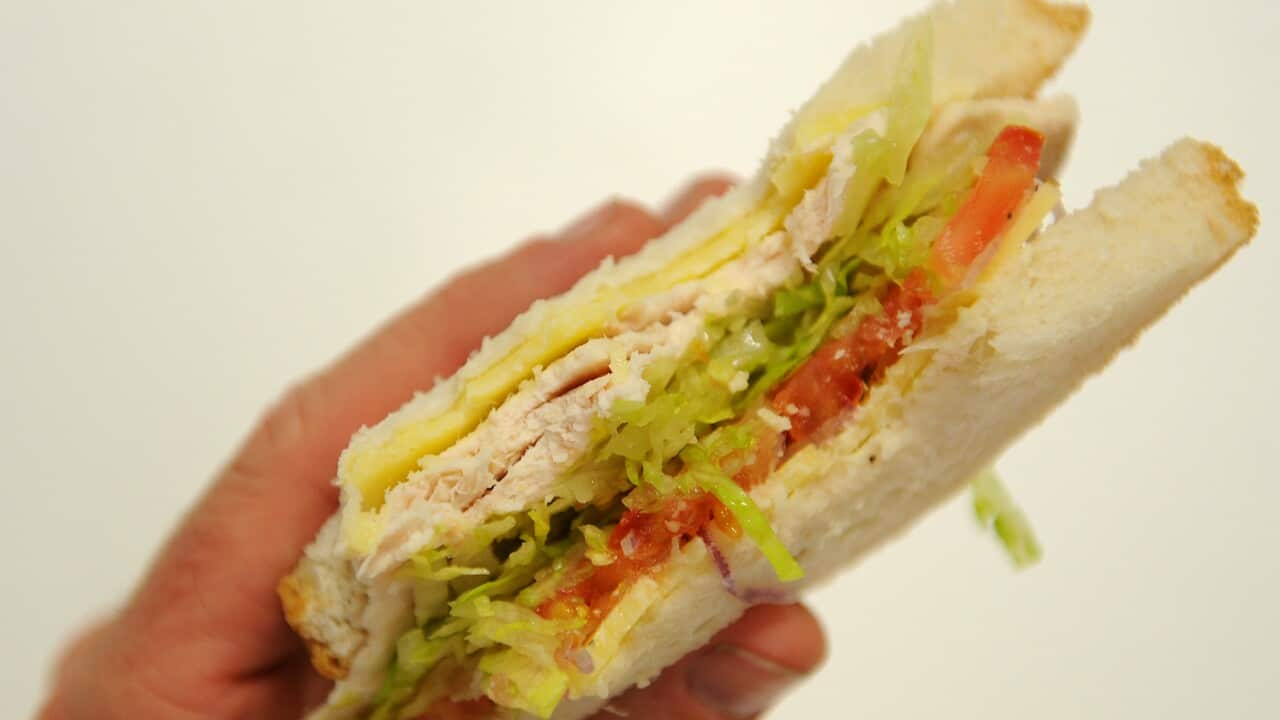I love bread in all of its fluffy, white forms - even the kind that dare not speak its name - the sliced, white sandwich loaf with little redeemable goodness.
I can roll each slice around whatever’s in the fridge (leftovers work a treat) and not come up for air until I’ve demolished half a loaf. I also love brown loaves, glistening with nuts and sultanas and buttery croissants smeared with jam. Meanwhile the aroma of freshly baked bread can make me go weak in the knees more alarmingly than even a lingering glance from my favourite crush.
The only problem is that bread made from wheat is not that into me.
Sometimes when I eat it, I feel painfully . Quite often there’s a heaviness that makes me quite sleepy and lethargic. So, at different times in my life, I’ve put myself on a gluten-free diet.
The problem is that we’re not only `depressing’ our taste buds by eliminating certain foods from our diet but it can mean that many of us are missing out on key nutrients.
In doing this, I represent one-in-10 Australians – according to a report released last year from the – who are swept up in a gluten-free health fad without having received a proper gluten intolerant diagnosis from a
The problem is that we’re not only `depressing’ our taste buds by eliminating certain foods from our diet but it can mean that many of us are missing out on key nutrients.
As a nation, around of us have become the kind of picky eaters who would be quite at home on the streets of LA, ordering `decaff’, soy milk lattes with organic, gluten-free bread topped with foods that are dairy and sugar free. In my opinion, we may as well be ordering our meal in the form of a pill.
But despite the fact that such a tiny percentage of Australians suffer from these issues, the term 'gluten-free' has become one of the buzz phrases for those pursuing a healthy diet and optimum weight loss.
According to the for the of the Australian population, who have been diagnosed with coeliac disease or wheat allergy, the avoidance of wheat and other gluten containing foods is essential.
may include nausea, vomiting, cramping, bloating, abdominal pain, fatigue and perhaps even something as serious as liver disease.
But despite the fact that such a tiny percentage of Australians suffer from these issues, the term 'gluten-free' has become one of the buzz phrases for those pursuing a healthy diet and optimum weight loss.
The gluten-free industry is flourishing even while we’re being heavily penalised for our choices by paying much more than we would for weight-based products. Many restaurants and cafes also have a surcharge for gluten-free additions.
The has found that women are more likely to be consumers of gluten-free goods than men and while many complained of symptoms including bloating, wind and abdominal cramps, most had not been diagnosed as suffering from coeliac disease.
So instead of checking with a medico, many of us hit the gluten-free aisles on the advice of naturopaths, dietitians or just by being influenced by reports in the media.
One of my own forays into a gluten-free lifestyle was at the direction of my personal trainer - an exercise physiologist who promised that it would have a positive effect on my diet.
For a while it did, I probably consumed less than before because gluten-free bread in particular can be so unappealing. At least, the commercial varieties I tried, did not toast very well - it was a bit like eating stale cake. I turned to eating my meals with rice and adding gluten-free soy sauce but that became a little dull after a while. As for those rice crackers - try too many of those and it’s a bit like eating sawdust.
Certainly, those suffering from coeliac disease have my sympathy but for the rest of us, life is too short to live with gluten-free denial.
Meanwhile, one of the biggest problems that many make when consuming gluten-free products like cakes and biscuits, is that we may eat more of them on the premise that they’re not as fattening, which is of course, a fallacy. Often they can be even more fattening than regular foods - those flourless chocolate cakes in particular, can be absolutely lethal because of all the sugar.
I’m currently not on a gluten-free diet but I’m not suffering from the usual side-effects that I associate with eating wheat. This may be I because I have maintained a moderate diet during the last few years without episodes of bingeing on wheat (I do try not to eat bread after breakfast). However if I do feel tempted to ever go gluten-free again, I’m checking with my doctor first to see whether it’s necessary.
Certainly, those suffering from coeliac disease have my sympathy but for the rest of us, life is too short to live with gluten-free denial.
Watch on SBS on Thursday 16 February at 8.35pm and via after airing to find out whether gluten is actually good for you.

